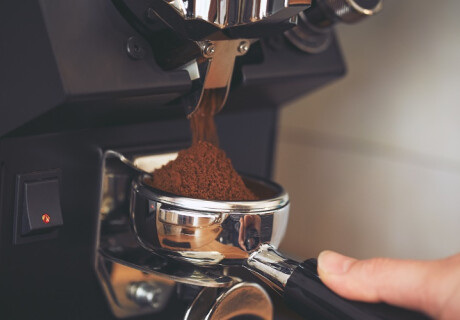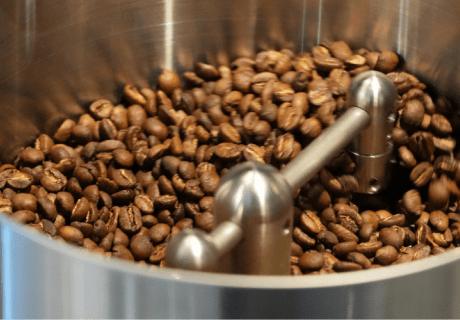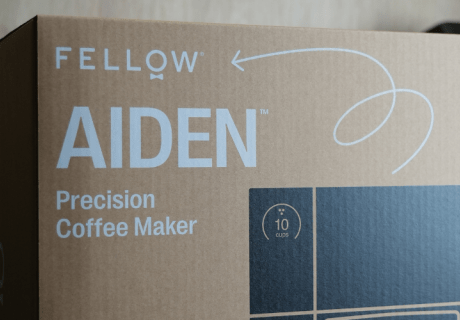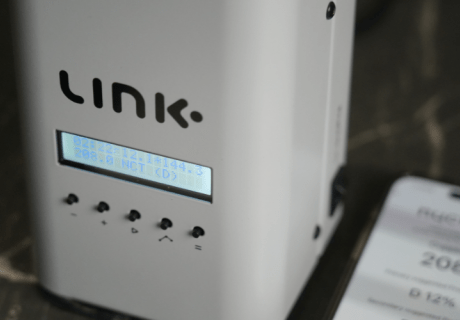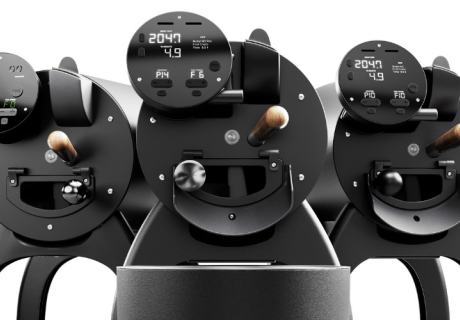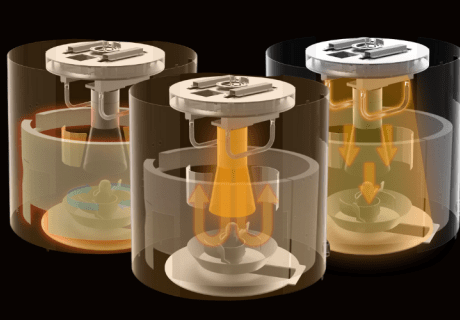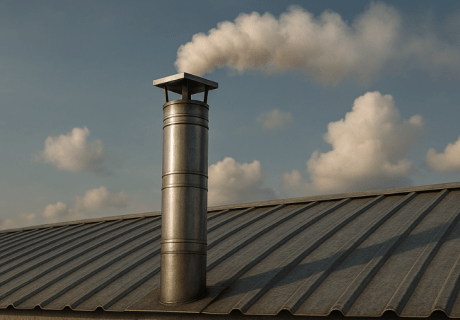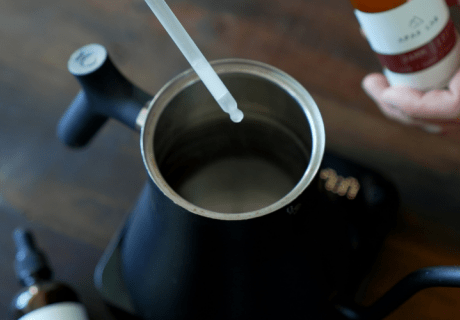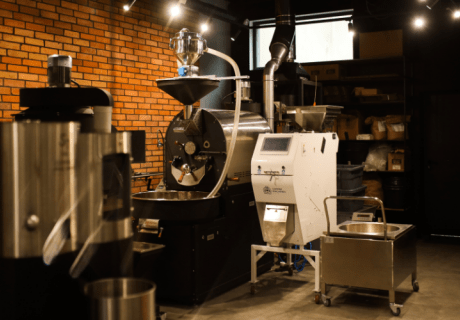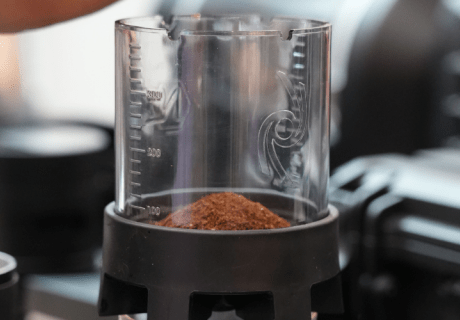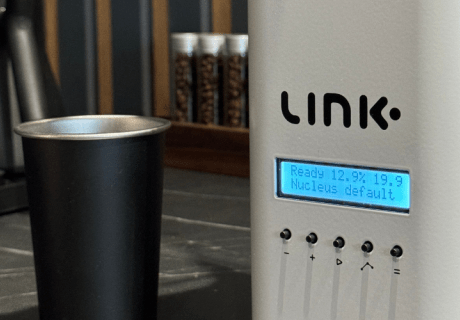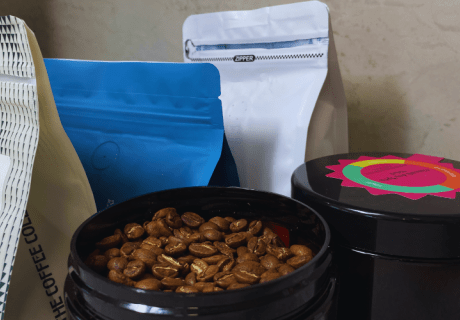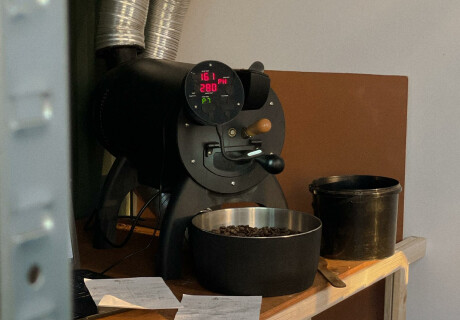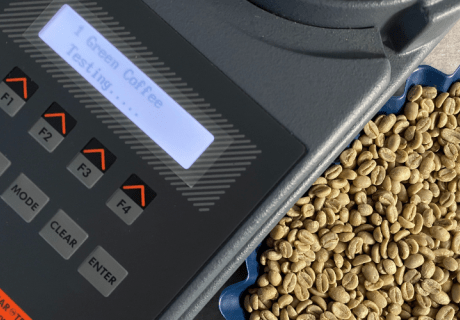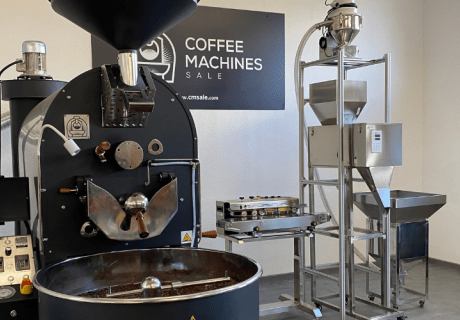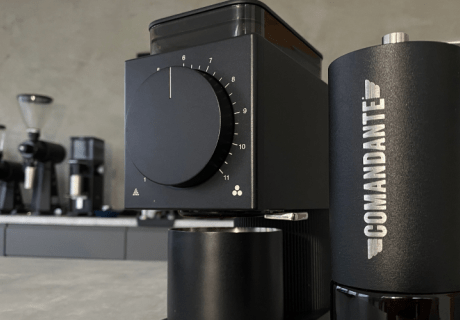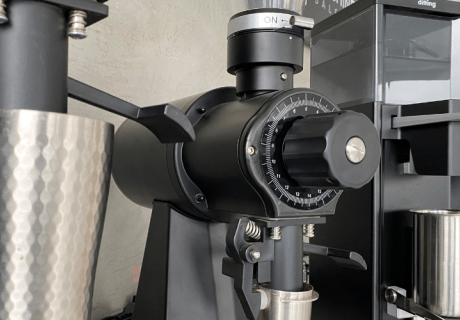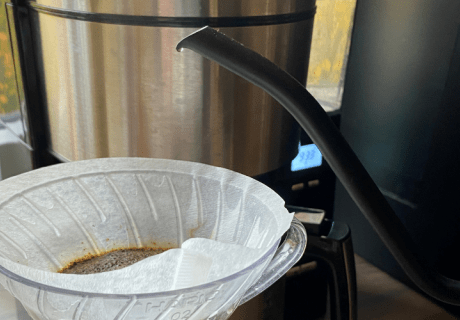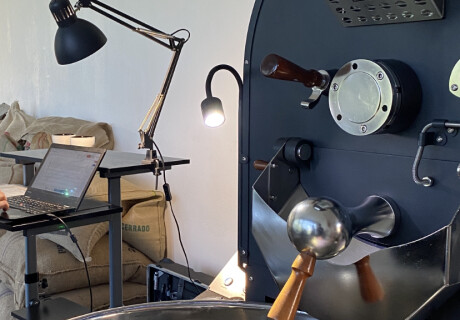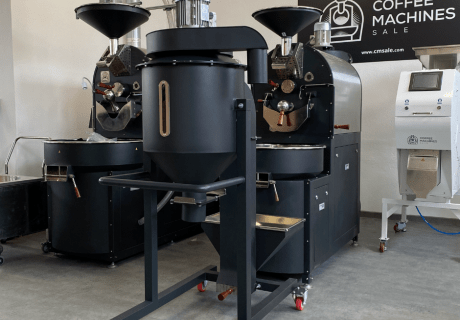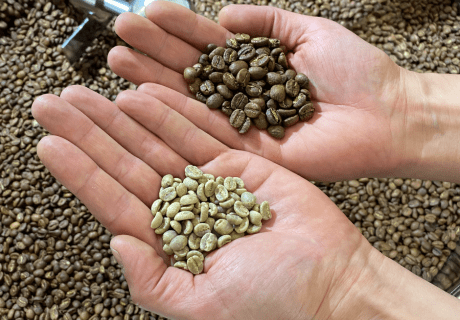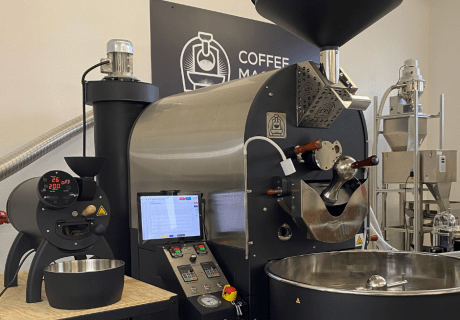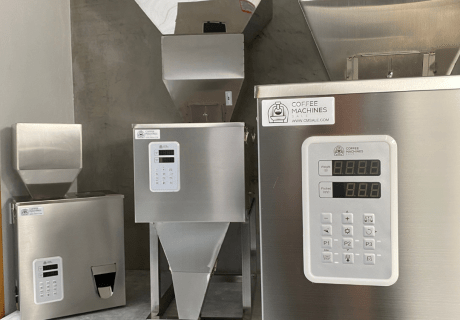Gas vs. Electric Coffee Roasters: Which Is Better for Your Business?
The Basics of Coffee Roasting
Coffee roasting is a detailed process that turns raw green beans into the rich, flavorful coffee we enjoy. Coffee roasters—special machines built to apply controlled heat—help the beans develop their unique tastes and aromas. Learning how roasting works is important for anyone starting in the coffee business because it directly affects the final product’s quality. The process requires careful control of time, temperature, and airflow, all of which shape how the beans change during roasting. Getting these elements right is important for creating a roast that is consistent, high in quality, and meets customer expectations. When starting a coffee business, choosing the right coffee roaster type is an important choice that can affect how well things run, the quality of the product, and the success of the business.
Different types of coffee roasters offer unique advantages and cater to varying needs. For instance, some roasters are better suited for small batches, providing artisanal control and experimentation, while others are designed for large-scale production, supporting a consistent supply of coffee to meet market demand. Selecting the appropriate roaster type requires a thorough understanding of your business goals, production capacity needs, and budget constraints. Investing time in researching and testing different roasters can ensure that you make an informed decision that aligns with your business objectives, setting the stage for long-term success in the competitive coffee industry.
Understanding Gas Coffee Roasters
Gas coffee roasters are popular among coffee roasting professionals for their ability to deliver precise temperature control, which is crucial for achieving the desired roast profile. These roasters use natural gas or propane as their fuel source, heating the roasting drum where the coffee beans are tumbled and heated. The flexibility in temperature adjustment allows roasters to apply specific heat levels at different stages of the roasting process, enhancing the control over the development of flavors and aromas in the coffee beans. This precision makes gas coffee roasters a favorite among those who aim for a specific taste complexity and are keen to experiment with various roasting profiles to cater to diverse consumer preferences.
Despite their advantages, it is important to consider the pros and cons of gas coffee roasters before making an investment. One of the main drawbacks is the potential cost involved. The initial investment for a gas roaster can be higher than electric alternatives, and there are ongoing costs related to gas consumption, which can fluctuate based on market prices. Additionally, gas roasters may require more maintenance to ensure safety and optimal performance, given the use of combustible fuel. They also often require proper ventilation systems to safely expel exhaust gases and prevent the buildup of harmful emissions, adding another layer to the operational complexity. Weighing these factors is essential for making an informed decision about whether a gas coffee roaster aligns with your business's goals and resources.
Exploring Electric Coffee Roasting Machines
Electric coffee roasting machines offer a modern solution for coffee roasting enthusiasts and businesses looking for convenience and precision. These machines use electricity to heat the roasting chamber, where the coffee beans are roasted. One of the primary advantages of electric roasters is their ease of use. They often come equipped with digital controls and programmable settings, allowing users to set and monitor the roasting temperature and time with precision. This user-friendly operation makes them an attractive choice for beginners and small businesses that value consistency and simplicity. Electric roasters generally require less maintenance than their gas counterparts, as they do not involve combustible fuel or complex ventilation systems.
While electric coffee roasting machines offer many benefits, they also have potential downsides that must be considered when choosing the right coffee roaster type for your business. One of the most significant considerations is energy cost. Depending on your region's electricity rates, operating an electric roaster can become expensive, particularly for larger-scale operations that require longer roasting cycles. Electric roasters might not offer the same level of heat control as gas-powered models, potentially limiting the ability to experiment with intricate roast profiles. As you evaluate your business needs and objectives, it's important to balance these factors and determine if the benefits of an electric coffee roaster align with your operational goals and budget constraints. By doing so, you can make sure that you select a roaster that enhances your business's efficiency and product quality.
Gas vs Electric: a Cost Analysis
When considering gas vs electric coffee roaster options for your business, a thorough cost analysis is essential to making an informed decision. The initial investment for both types of coffee roasters can vary significantly based on brand, capacity, and advanced features. Generally, gas coffee roasters tend to have a higher upfront cost due to their complex build and the need for additional infrastructure, such as gas lines and ventilation systems. In contrast, electric coffee roasters may offer a lower initial purchase price, making them more accessible to smaller businesses or startups with limited capital. However, the true cost evaluation extends beyond the initial purchase and must include ongoing expenses.
Gas roasters can cost more to maintain because they need regular checks and possible repairs to gas lines and burners. However, they can be cheaper to run since gas usually costs less than electricity. Electric roasters usually need less maintenance because they don’t have the parts that gas roasters require regular servicing for. However, they can cost more to run depending on local electricity prices, which can add up, especially for bigger businesses. By looking at these costs based on your business size and long-term plans, you can decide which coffee roaster will give you a better return on investment and fit your budget goals.
Impact on Coffee Flavor and Quality
The choice between gas vs electric coffee roaster significantly impacts the flavor and quality of the roasted coffee, with each type offering distinct advantages that cater to different roasting preferences. Gas coffee roasters are often lauded for their ability to deliver precise temperature control, allowing roasters to fine-tune the roasting process and explore a wide range of flavor profiles. This precision is particularly beneficial for achieving complex and nuanced flavors, as the flexibility in temperature adjustment enables roasters to manipulate the development of acidity, sweetness, and body in the coffee. Gas roasters are a favored choice for specialty coffee producers who prioritize flavor complexity and consistency in their product offerings.
In contrast, electric coffee roasters, while offering ease of use and consistency, may affect the coffee's flavor and quality differently. Some roasters prefer electric models for their ability to maintain stable and uniform roasting conditions, which can result in evenly roasted beans with a consistent flavor profile. This uniformity is perfect for businesses that require a dependable product for their clients. However, the heating dynamics of electric roasters can sometimes limit the roaster’s ability to experiment with the same level of nuance as gas roasters, potentially affecting the depth of flavor development. When considering gas vs electric coffee roaster options, it is important to weigh the importance of flavor complexity against consistency and operational ease, making sure the roaster you pick matches your coffee quality goals and what your customers expect.
Environmental Considerations
Gas coffee roasters typically rely on fossil fuels such as natural gas or propane, which can contribute to greenhouse gas emissions during both extraction and combustion. The carbon footprint associated with gas roasters can be substantial, depending on the efficiency of the equipment and the source of the gas. On the other hand, electric coffee roasting machines have the potential to be more environmentally friendly, especially if powered by renewable energy sources such as wind, solar, or hydroelectric power. By using green energy, electric roasters can significantly reduce or even neutralize their carbon emissions, making them appealing to eco-conscious businesses.
Electric roasters tend to have higher energy demands, which can raise concerns about their sustainability if the electricity is sourced from non-renewable means. However, advancements in technology continue to improve the energy saving of electric coffee roasting machines, helping to mitigate this concern. Gas roasters use less energy for each roast, but still rely on fossil fuels. This can be a challenge for companies trying to reduce their environmental impact. By thinking carefully about these environmental issues and looking for ways to balance out emissions, businesses can choose a coffee roaster that fits their sustainability goals and helps support a more eco-friendly coffee industry.
Scalability and Production Capacity
When deciding on a coffee roaster for your business, the main considerations are scalability and production capacity, as they heavily impact your choice. Gas coffee roasters are often favored by larger operations due to their ability to handle high-volume production capably. Their strong design and powerful heat output enable them to roast larger batches of coffee beans in a single cycle, making them perfect for businesses that need to meet high demand. This ability to grow makes it easy to expand your business without losing quality as orders increase. Also, gas roasters’ accurate temperature control helps keep the product consistent even when roasting larger amounts, which is very important for businesses focused on quality.
On the other hand, electric coffee roasters, while generally more suited for small to medium-sized operations, offer flexibility that can also support business growth. They are often easier to install and operate, making them suitable for startups or businesses with limited space and resources. Electric roasters provide a straightforward entry point into the coffee roasting industry, allowing businesses to establish their brand and refine their roasting process before scaling up. However, for those looking to expand, it's essential to consider the limitations of electric roasters in terms of batch size and energy consumption. As you assess your business's current and future needs, evaluating how each roaster type aligns with your production goals will guide you in choosing the right coffee roaster type to support your business's scalability and market presence.
Making the Right Choice for Your Business
To select the most suitable coffee roaster for your business, you should carefully consider your specific needs and priorities. Begin by assessing your budget, as this will help narrow down the options between gas vs electric coffee roaster. Gas roasters typically require a larger initial investment and ongoing maintenance costs, while electric roasters might offer a more budget-friendly entry point but could incur higher operational expenses if not powered by renewable energy sources.
Space constraints and business objectives are also important considerations. If your business operates in a compact environment, the smaller and less complex setup of an electric roaster might be advantageous. However, if your goals include scaling up production, the high capacity and efficiency of gas roasters might better serve your long-term objectives. By thinking carefully about these factors and matching them with your business plan, you can make a smart choice that helps your business run well now and grow in the future.

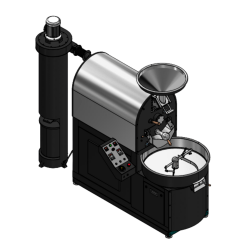
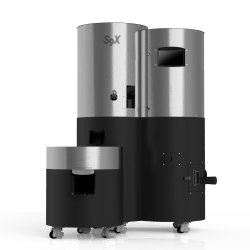
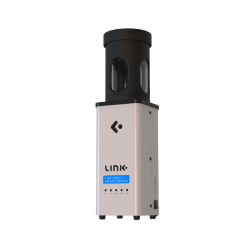
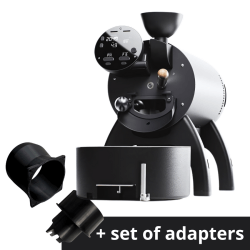
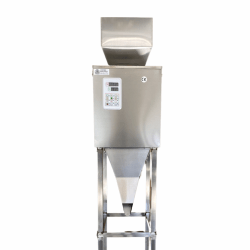
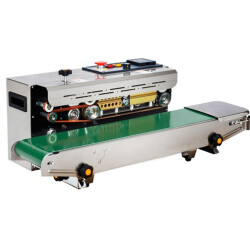
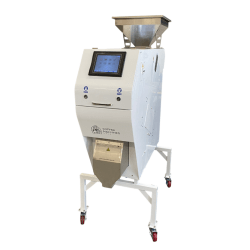
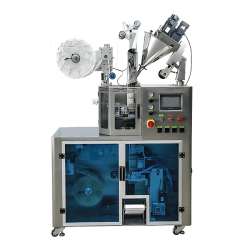
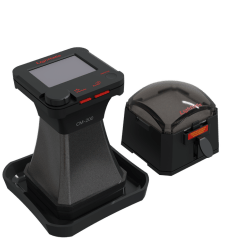
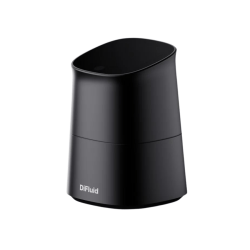
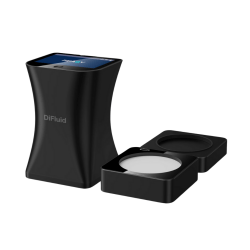
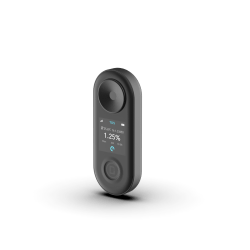



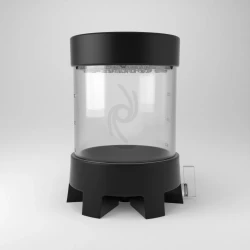


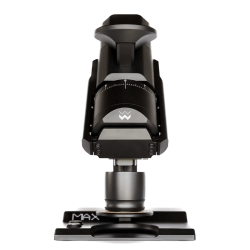
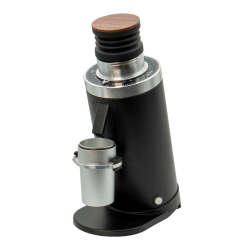

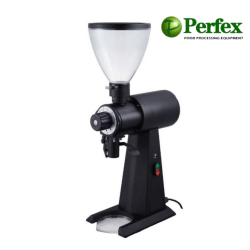
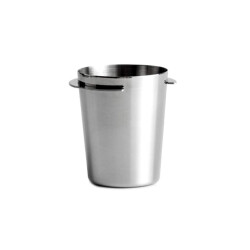


.png/460_320_crop.png?ts=1769780365&pn=blog_front)




































